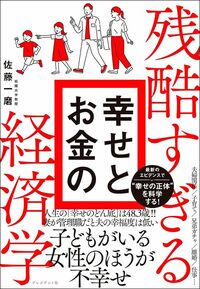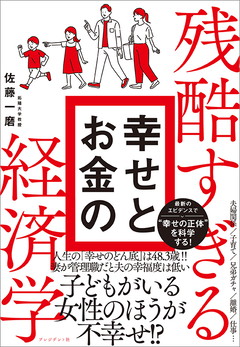日本でもブラザーペナルティは存在する
以上、日本におけるブラザーペナルティの存在について検証してきましたが、その結果をまとめると次のとおりになります。
①弟がいる長女ほど、「男性は外で働き、女性は家庭を守るべきである」に賛成する割合がやや高い。
②弟がいる長女ほど、正社員割合が低く、専業主婦割合が高かった。また、年収も低くなっていた。
③弟がいる長女ほど、既婚割合や子どもを持つ割合がやや高く、家事・育児時間も長くなっていた。
以上の結果から、日本でも弟がいる長女のほうが性別役割分業意識の影響をより強く受け、正社員よりも家庭にいる時間の長い専業主婦を選択しやすく、その結果として収入も低くなっていると考えられます。
この結果から、「日本でもブラザーペナルティは存在する」と言えるでしょう。
*1)① Krein, S. F. (1986). Growing up in a Single Parent Family: The Effect on Education and Earnings of Young Men. Family Relations, 35(1), 161–168.
② Amato, P. R., Patterson, S., & Beattie, B. (2015). Single-parent households and children's educational achievement: A state-level analysis. Social Science Research. 53, 191-202.
*2)Mazrekaj, D., Fischer, M. M., Bos, H. M. W.(2022). Behavioral Outcomes of Children with Same-Sex Parents in The Netherlands. International Journal of Environmental Research and Public Health, 19(10), 1-12.
*3)Brenøe, A. A. (2022). Brothers increase women’s gender conformity. Journal of Population Economics, 35, 1859–1896.
*4)① Feinberg, M. E., & Hetherington, E. M. (2000). Sibling differentiation in adolescence: implications for behavioral genetic theory. Child Development,71(6), 1512–1524. ② Plomin, R., & Daniels, D. (1987). Why are children in the same family so different from one another? International Journal of Epidemiology, 40(3), 563–582.
*5)① Abrams, D., & Thomas, J., & Hogg, M. A. (1990). Numerical distinctiveness, social identity and gender salience. British Journal of Social Psychology, 29(1), 87–92. ② Cota, A.A., & Dion, K. L. (1986). Salience of gender and sex composition of ad hoc groups: an experimental test of distinctiveness theory. Journal of Personality and Social Psychology, 50(4),770–776.
1982年生まれ。慶応義塾大学商学部、同大学院商学研究科博士課程単位取得退学。博士(商学)。専門は労働経済学・家族の経済学。近年の主な研究成果として、(1)Relationship between marital status and body mass index in Japan. Rev Econ Household (2020). (2)Unhappy and Happy Obesity: A Comparative Study on the United States and China. J Happiness Stud 22, 1259–1285 (2021)、(3)Does marriage improve subjective health in Japan?. JER 71, 247–286 (2020)がある。


















